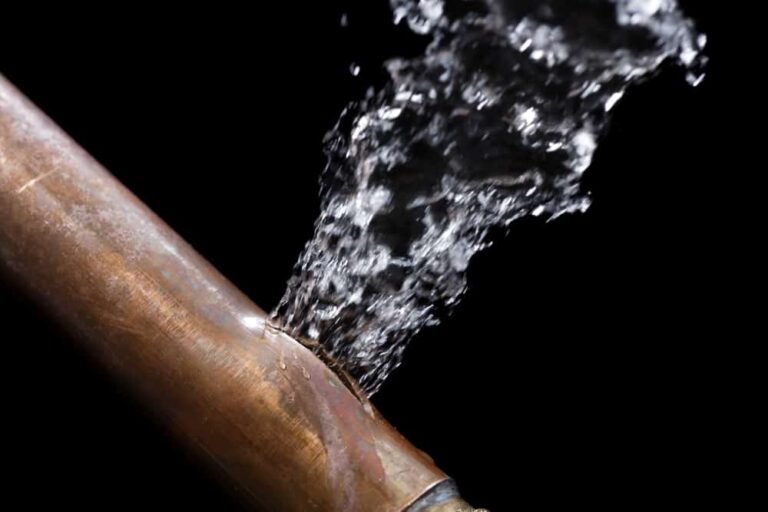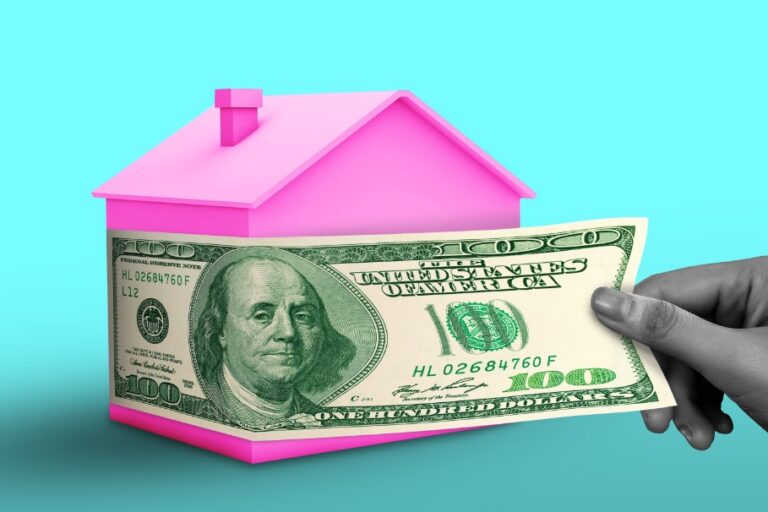Pipes bursting in summer can be a nightmare for homeowners. The inconvenience, potential damage, and costly repairs associated with such incidents can disrupt your life. In this comprehensive guide, we will delve into the various factors that lead to pipe bursts during the summer months and provide practical prevention tips.
Understanding the causes and prevention of pipe bursts is crucial for maintaining a hassle-free plumbing system. Instead of delving into technical jargon, we will tackle this subject head-on, assuming that our readers already have a basic understanding of plumbing. Let’s dive right into the key factors that contribute to pipes bursting in summer and how you can safeguard your home.
High Temperatures and Pipe Stress
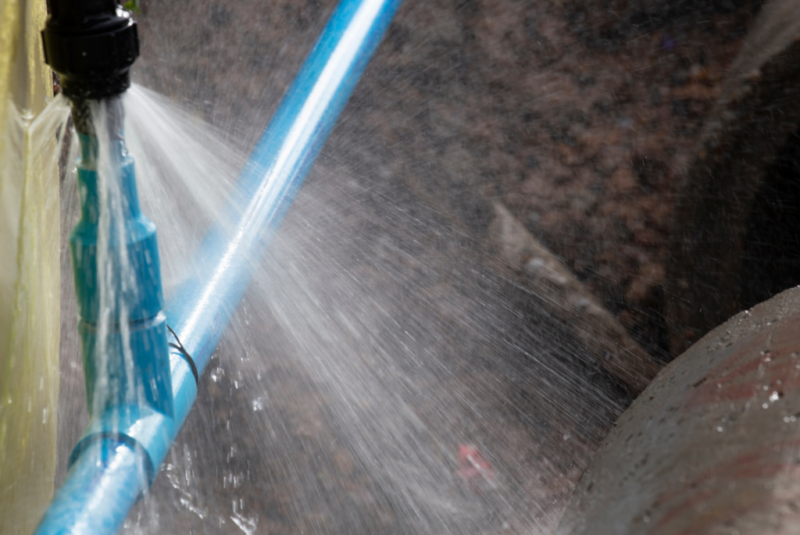
One of the primary factors contributing to pipe bursts in summer is the relentless heat. High summer temperatures can wreak havoc on your plumbing system. The scorching sun can cause pipes to expand and contract, subjecting them to significant stress.
These temperature-induced fluctuations can weaken the structural integrity of pipes over time, making them more susceptible to bursting. To prevent this, proper insulation is essential. Insulating your pipes can help buffer the effects of temperature variations, reducing the risk of cracks and leaks. Regular maintenance, including checking for any signs of wear and tear, is also crucial in ensuring the longevity of your pipes.
Water Pressure and Pipe Bursts
The relationship between water pressure and pipe bursts is a critical aspect of plumbing. During the summer, the demand for water tends to increase due to activities like watering the garden, filling swimming pools, and higher water consumption in general.
The increased demand for water can put immense pressure on your plumbing system. If your pipes are already weakened or corroded, this added stress can lead to bursts. To address this, consider installing a pressure regulator. This device can help maintain a consistent and safe water pressure level, reducing the risk of pipe damage. Regularly checking for leaks and addressing them promptly is another key preventative measure. When it comes to water pressure you’d be wiser to check this before making any further steps.
Aging Infrastructure and Vulnerable Pipes
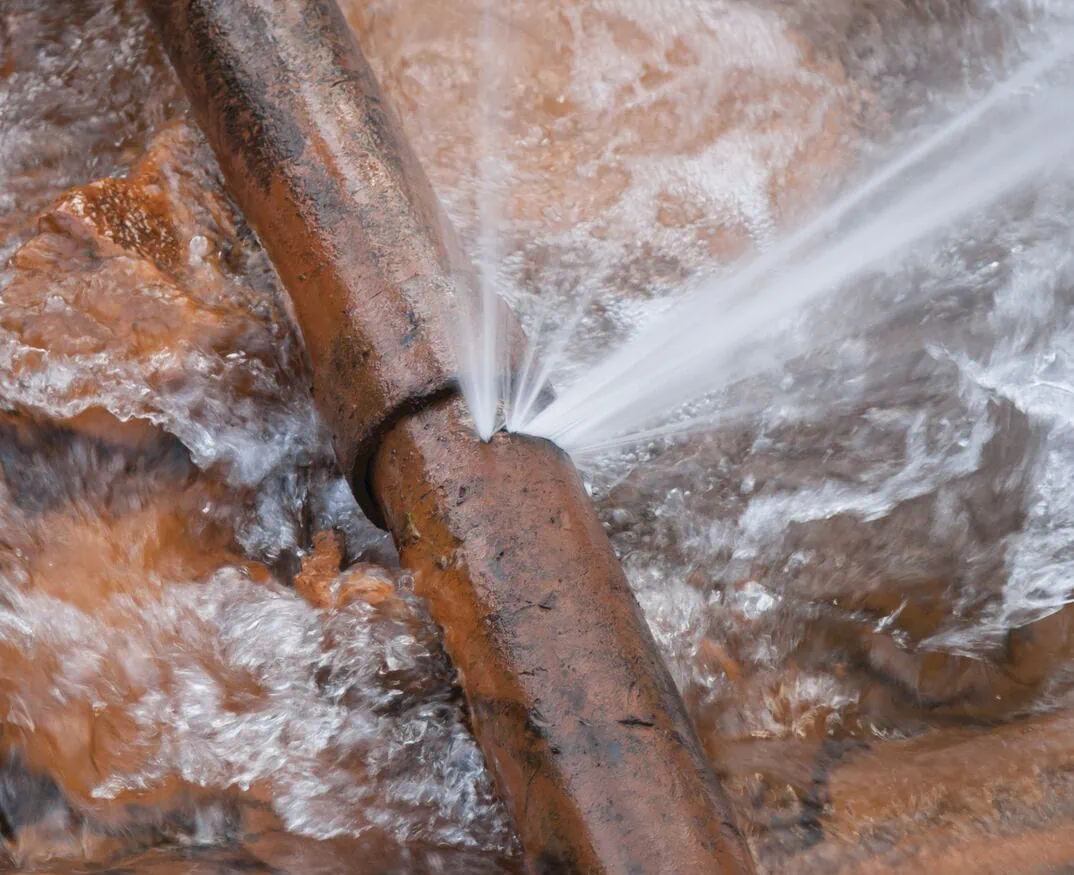
Aging infrastructure is a silent contributor to pipe bursts. Many homes still have pipes that were installed decades ago. Over time, these pipes can become more vulnerable to leaks and breaks due to corrosion and wear.
Inspecting your plumbing system regularly is crucial, especially if your home has older pipes. Identifying weak points and addressing them proactively can prevent catastrophic pipe bursts. In some cases, it may be necessary to consider pipe replacement to ensure the continued functionality of your plumbing.
Tree Roots and Pipe Damage
The presence of trees near your property can also pose a risk to your plumbing system. Tree roots have a remarkable ability to infiltrate pipes in search of water. Once inside, they can cause blockages and cracks, leading to pipe bursts.
To avoid this issue, plant trees away from underground pipes whenever possible. If you have existing trees near your pipes, consider periodic inspections to detect and address any root intrusion promptly. Installing root barriers can also be an effective preventative measure.
Corrosion and Pipe Erosion
Corrosion is an insidious enemy of plumbing systems. Over time, it can lead to pipe erosion, weakening the pipes and making them more prone to leaks and bursts. Corrosion can be caused by various factors, including the presence of certain chemicals in the water supply.
Regular maintenance is the key to combating corrosion. Flushing your pipes and using corrosion-resistant materials during repairs and installations can help extend the life of your plumbing. Additionally, installing water filters can reduce the presence of corrosive elements in your water supply.
Poor Installation and Pipe Leaks
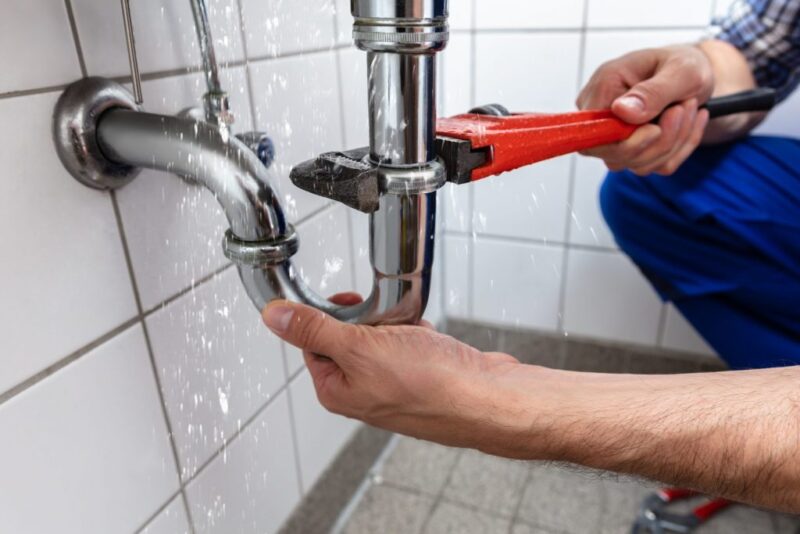
The importance of proper pipe installation cannot be overstated. Poorly installed pipes are more likely to develop leaks and, ultimately, burst. Hiring experienced professionals for installation is crucial to avoid this issue.
If you’re unsure about the quality of your plumbing installation, consider having it inspected by a qualified plumber. Addressing any installation deficiencies can prevent future problems and ensure the integrity of your plumbing system.
Freezing and Thawing in Summer
While summer is associated with scorching temperatures, unexpected temperature fluctuations can still occur. Rapid shifts between hot days and cool nights can lead to pipes freezing and thawing. This can cause pipes to expand and contract abruptly, increasing the risk of bursts.
To prevent freezing and thawing issues, insulate your pipes properly. Insulation can help maintain a stable temperature within the pipes, reducing the likelihood of rapid expansion and contraction. Additionally, consider sealing any gaps or cracks in the areas where pipes are exposed to the elements.
Clogged Drains and Pipe Backups
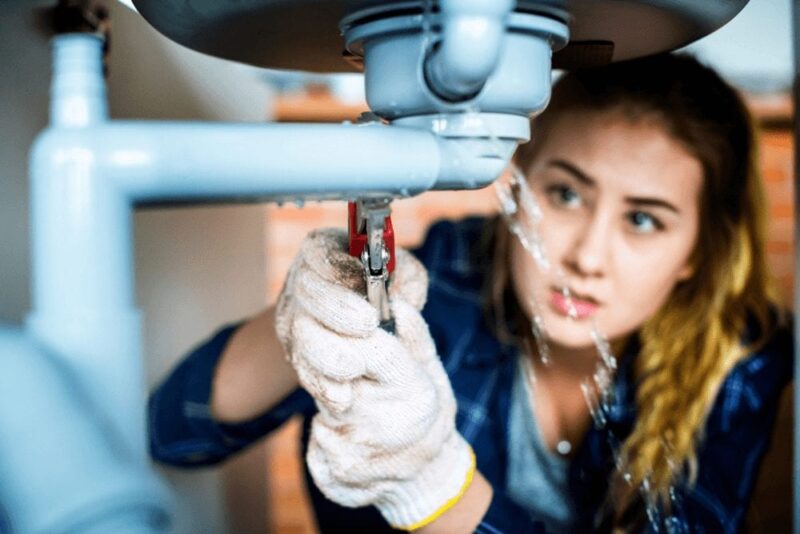
Clogged drains are a common plumbing issue that can escalate in the summer. Blockages in your drains can lead to pipe backups and increased pressure within the plumbing system. This pressure can result in bursts if the issue is not addressed promptly.
Preventing clogged drains is relatively simple. Avoid disposing of items that can clog your drains, such as grease, hair, and food particles. Use drain covers to catch debris and clean your drains regularly to prevent blockages.
Prevention Tips for Avoiding Pipe Bursts
To ensure a worry-free summer without the threat of pipe bursts, here’s a concise list of actionable prevention tips:
Regular Inspections: Schedule regular plumbing inspections to detect and address issues early.
Related Posts:
- What Are the Requirements for Leasing a Car? Key…
- How Much Is Key Duplication? Tips for Affordable and…
- Who Can Override a Power of Attorney? Key Tips on…
- What Is the Average Cost of Senior Independent…
- The Teen Dating Manual: Age Gaps, Dos and Don'ts,…
- How to Naturally Increase Fertility: Top Tips and Strategies

